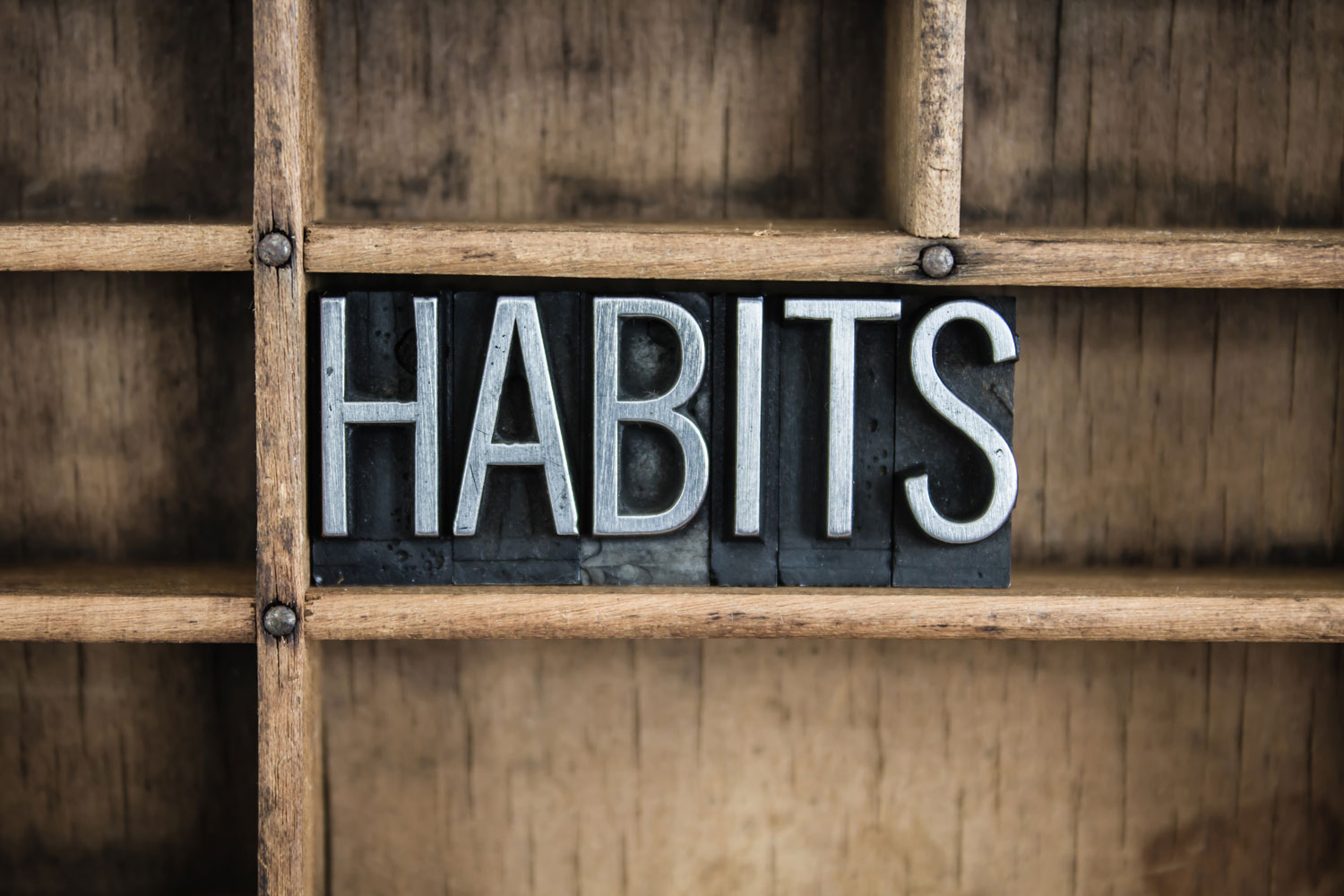
Behavioral Change and Tiny Habits
- Many of us judge ourselves harshly when we don’t establish some new routine of diet or lifestyle, or fail to achieve our desired goals in the time we expect.
- The happy news: building healthy practices is a skill to be learned, and actually not about some pre-formed ‘strength of character.’
- We can wake up to the truth that we are not bad, or lazy, or undisciplined, or hopeless, and that we can learn how to create behavior change.
- This is not magic; proven ways to change our behavior exist.
- The sobering news: our behavior rarely alters in big sudden sweeping ways. It’s a process.
- Building small habits over time, that can lead to larger transformations, is a studied and proven method for change. Not too dramatic but it works.
- These mini-habits need a specific anchor or cue, must be easy and short, and require lots of instant celebrating (“Woohoo, I’m AWEsome!”) to get anchored in our brains and to develop into automatic habitual behaviors. As B.J. Fogg states in his wonderful book Tiny Habits: “People change best by feeling good, not by feeling bad.”
- How to proceed?
- We need instruction, and support, and perhaps individual longer-term help.
- Finding a coach, or some reliable kind helper, can make all the difference. (For starters, Stanford behavior scientist and professor B.J. Fogg has developed a free 5-day online coaching program available every week. See https://tinyhabits.com/program/).
